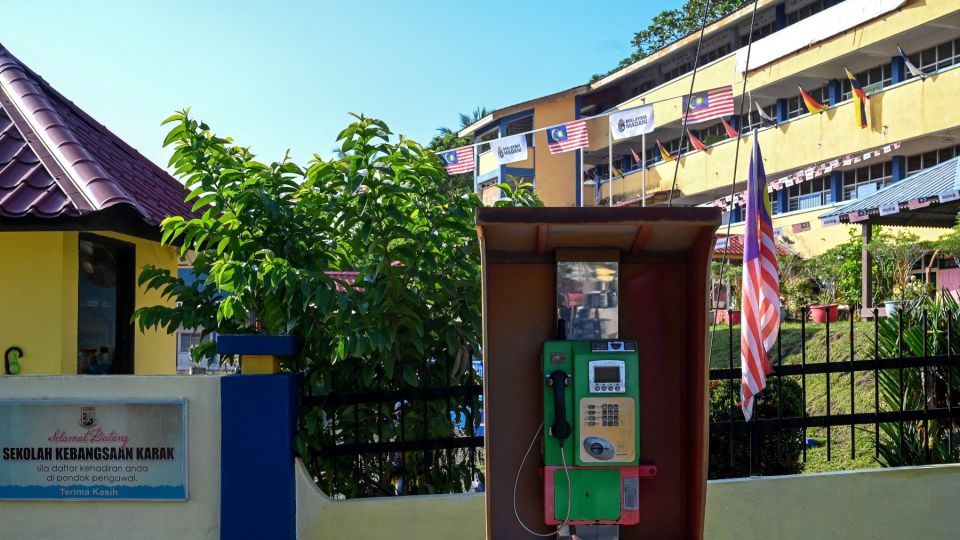October 28, 2025
PETALING JAYA – Be sensitive, balanced and consistent, as school safety must blend enforcement with empathy to create real and lasting impact, say criminologists.
Police patrols can deter misconduct and boost confidence among students and teachers, but enforcement alone is insufficient without counselling, mental health support and positive engagement between officers, educators and families, they warned.
Criminologist Dr Zalmizy Hussin said the effectiveness of increasing patrols in schools depends on how such measures were integrated with broader prevention strategies.
ALSO READ:
- Stakeholders: Parents, community must shoulder responsibility
- Cops vow to increase patrols in schools
“A visible and well-planned police presence can have a positive psychological effect, making students and teachers feel safer while discouraging acts of bullying, violence or delinquent behaviour.
“When potential offenders know they are being observed, the risk of getting caught increases and that serves as a strong deterrent,” he said.
He said patrols and enforcement, combined with other measures such as those announced by the Education and Home Ministries, can help address disciplinary and crime-related issues.
“Patrols alone is not a comprehensive solution.
“Integrated measures such as additional counsellors, CCTV installations, mental health programmes and school liaison officers to create a support system, enable early intervention and continuous monitoring of at-risk students, promoting both emotional and disciplinary growth,” Zalmizy said.
He cautioned, however, that increased police presence must be handled sensitively to avoid creating fear or mistrust among students.
“If interactions are too punitive or insensitive, students may feel targeted or labelled as troublemakers, which can damage trust and disengage them from school life.
“Police officers should also act as mentors and role models, not merely enforcers,” he added.
Zalmizy said officers assigned to schools should receive regular training in child psychology, restorative practices and cultural awareness to build stronger relationships with students and educators.
He said long-term safety requires a holistic approach combining enforcement with moral and digital education, community involvement and mental health initiatives.
“Only by blending empathy with discipline can schools remain safe, inclusive and nurturing environments that develop resilient and ethical young people,” he said.
Malaysian Crime Prevention Foundation senior vice-chairman Datuk Seri Ayub Yaakob said in the past, patrol cars were not deployed to schools as there were concerns that such action might create a public perception that schools were unsafe.
“To determine whether this measure is effective, we need some time to allow it to take effect.
“The most important thing is how effectively the engagement is carried out,” he said, stressing that security personnel must monitor people’s movements, detect anything suspicious and operate according to proper standard operating procedures.
As a preventive measure, Ayub emphasised the importance of awareness campaigns.
“In addition to police patrols, on-site security and supervision by school management, awareness campaigns must also be carried out.
“This is something we are actively working on as well,” he said.
On Oct 24, Inspector-General of Police Datuk Seri Mohd Khalid Ismail said police would intensify patrols around schools and station officers to monitor safety, in line with the government’s push to curb bullying, abuse and other school-related crimes.
On Oct 22, the Education Ministry announced 11 new measures to strengthen safety and discipline in schools, including the installation of CCTV cameras, the deployment of more than 10,000 new teachers and counsellors, and the appointment of full-time hostel wardens.
The announcements were made following a string of crimes allegedly committed by underage perpetrators in schools.
These include gang rape, statutory rape, bullying, distribution of pornographic materials and murder – all within days of each other.

